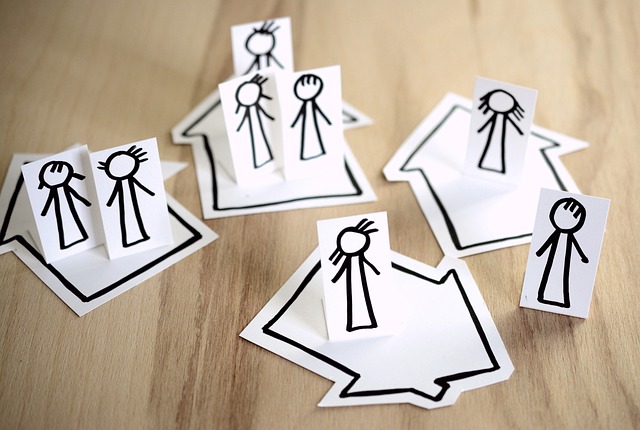In our hyper-connected world, social media has become a dominant way to communicate and share experiences. Platforms like Facebook, Instagram, and Twitter allow us to connect with friends, family, and even strangers across the globe. However, beneath this surface of connectivity lies a troubling reality: social media can significantly contribute to social isolation, which in turn fuels addiction.
Many users find themselves scrolling through their feeds, compulsively seeking validation through likes and comments. This incessant need for approval can lead to a vicious cycle. While browsing through carefully curated images of others’ lives can momentarily provide a sense of belonging, the reality is that it often leaves users feeling more disconnected than ever. These superficial interactions replace genuine connections, amplifying feelings of loneliness and isolation.
The impact of social media on mental health cannot be overstated. Studies indicate that individuals who spend more time on social media platforms are more likely to experience feelings of depression and anxiety, which can push people further into their shells. This isolation hugs them tightly, making it harder to reach out and form real-world relationships. Instead of engaging with their immediate environment, individuals may turn to social media as a means of escaping the discomfort of their loneliness.
This escape often leads to addictive behaviors. As users continually seek the dopamine hit that comes from notifications and interactions, they find themselves trapped in a cycle where social media provides comfort but also deepens their isolation. This paradox creates a dissonance: the more time people spend online attempting to connect, the more isolated they feel in reality.
As individuals struggle with social isolation, it becomes increasingly tempting to return to the very source that is causing their disconnect. This can lead to binge usage, where hours are spent mindlessly scrolling, further exacerbating feelings of loneliness and addiction. The stark reality is that, while social media platforms are designed to bring people together, they can also isolate us in a digital void that distorts our sense of community and belonging.
Recognizing the signs of social isolation and its ties to social media usage is critical. It is essential for users to be mindful of their engagement levels and the feelings that arise from social media interactions. By taking proactive steps to limit screen time and prioritize face-to-face interactions, individuals can break the cycle of isolation and addiction. Real connections, the kind that foster genuine relationships, can be far more fulfilling than anything found in a digital feed.
Ultimately, reevaluating our relationship with social media can empower individuals to reclaim their time, reconnect with their surroundings, and foster meaningful connections that not only alleviate feelings of isolation but also support healthier habits and well-being. In this ever-accelerating digital age, understanding the impact of social media on our lives is crucial for nurturing our mental health and social connections.



